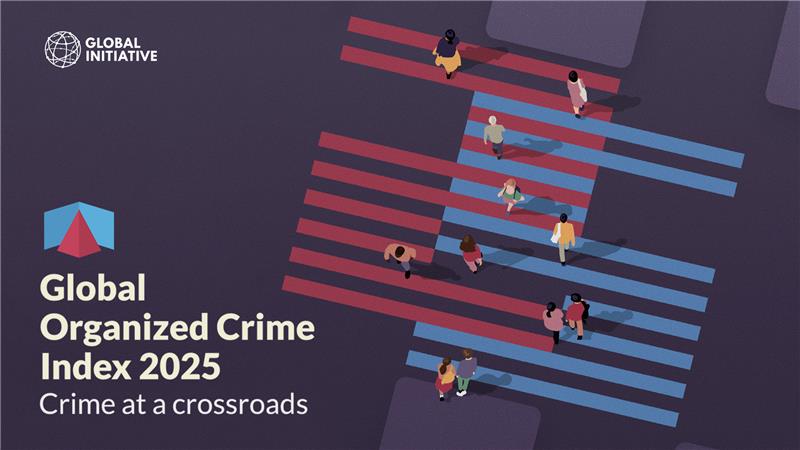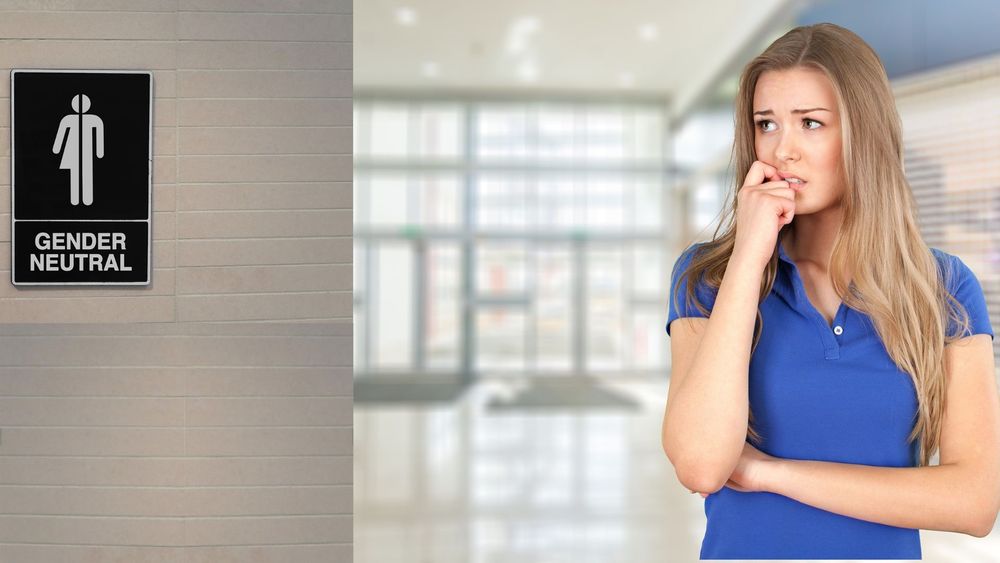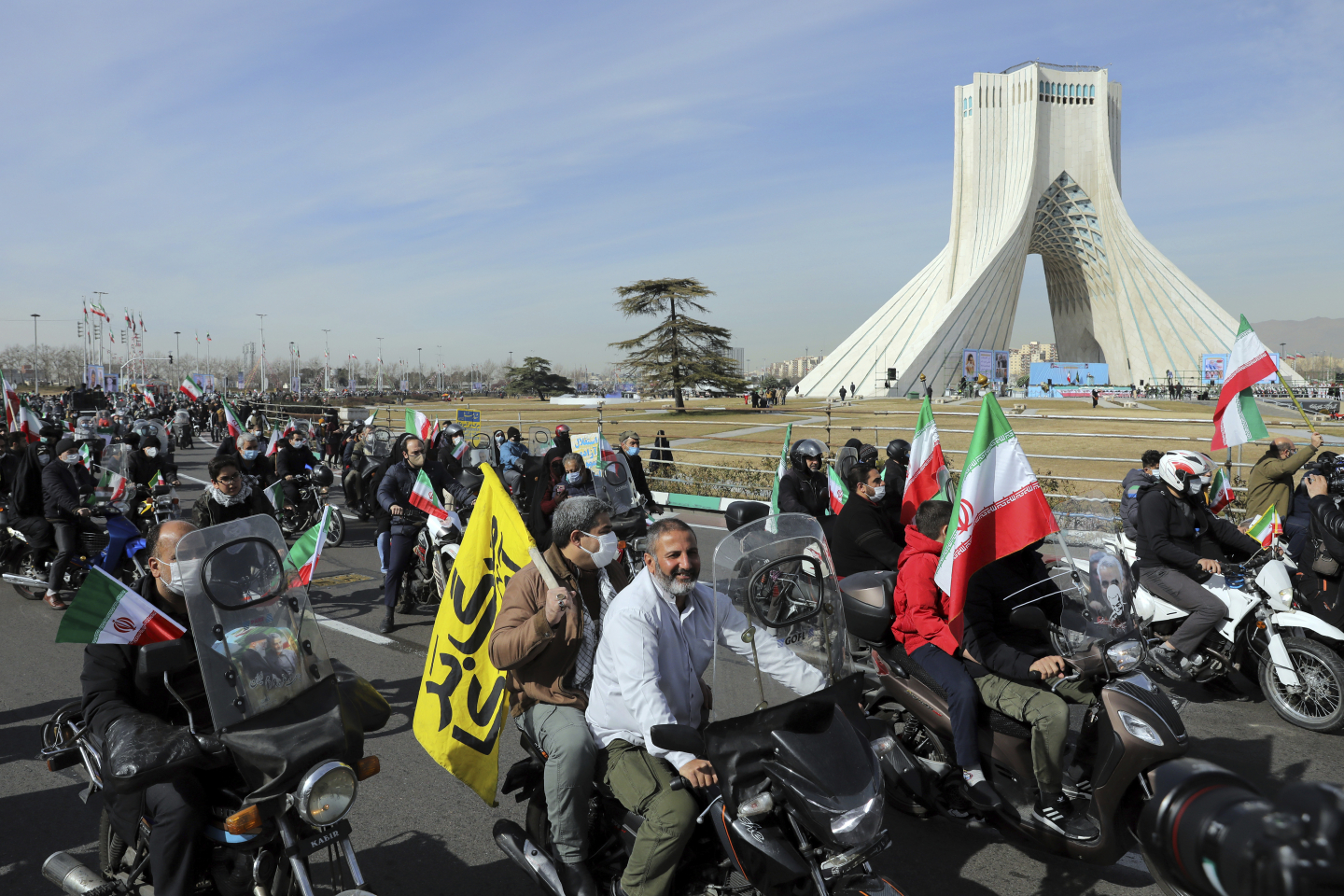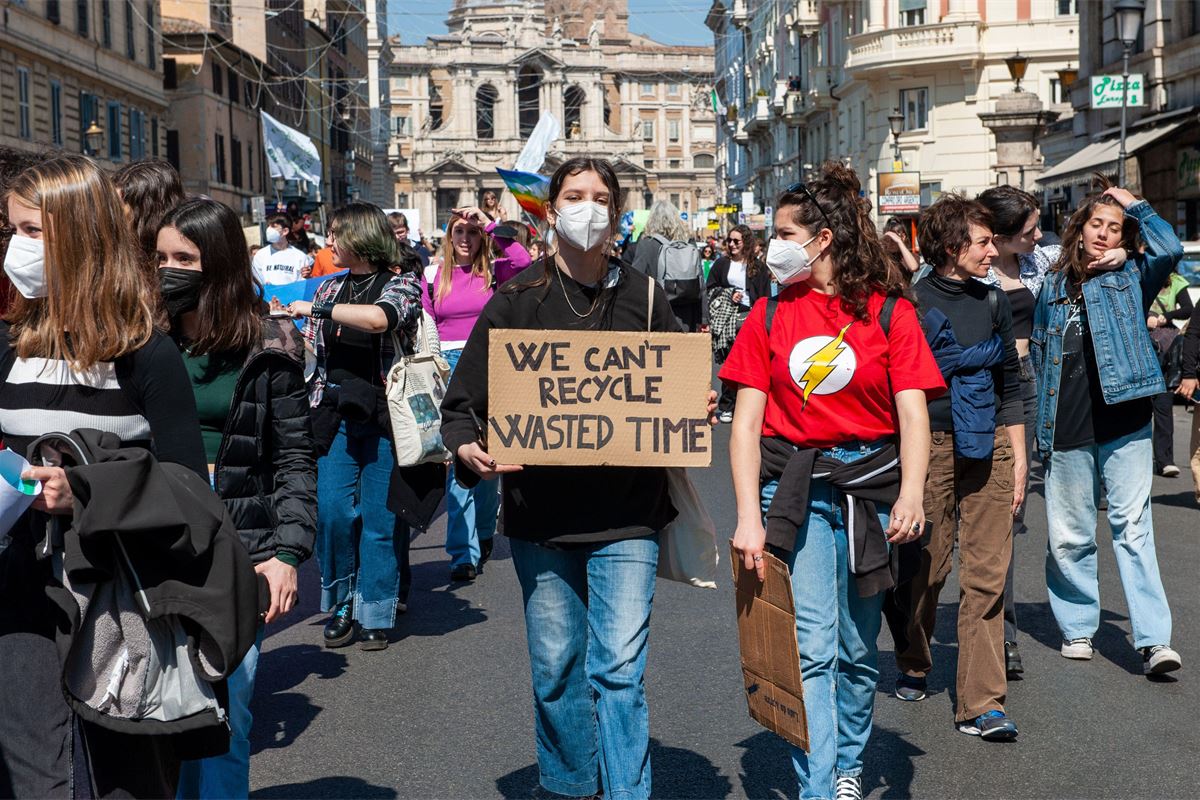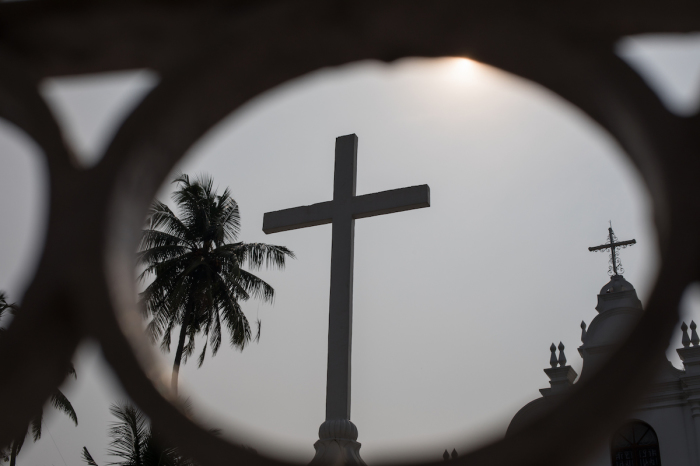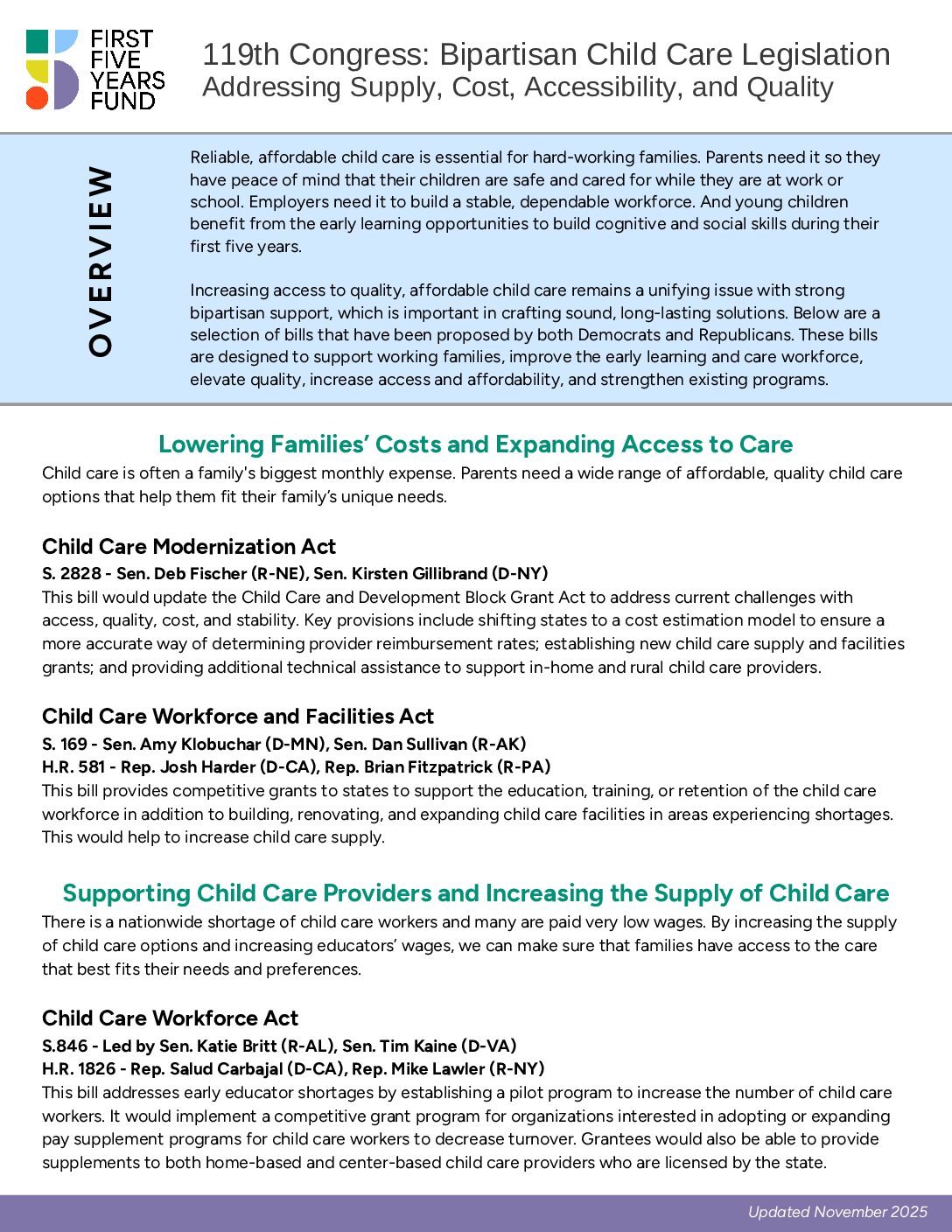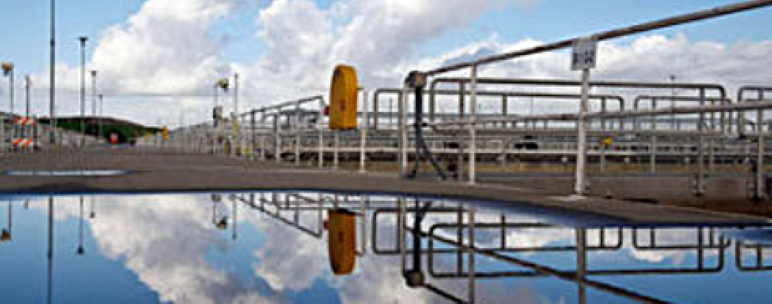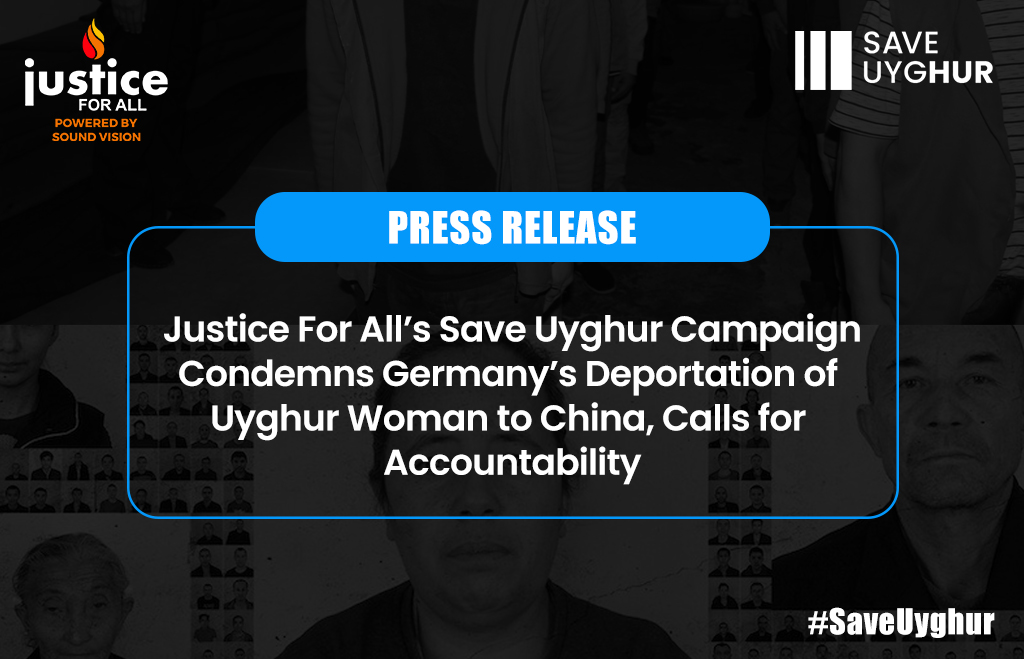Malaysian human rights activists celebrate victories while noting that free speech challenges remain – Global Voices

Report on Recent Legal and Regulatory Developments in Malaysia and their Alignment with Sustainable Development Goals
A series of recent judicial and legislative actions in Malaysia represent significant progress in the nation’s commitment to the 2030 Agenda for Sustainable Development. These developments directly contribute to several Sustainable Development Goals (SDGs), most notably SDG 16 (Peace, Justice and Strong Institutions), SDG 5 (Gender Equality), and SDG 10 (Reduced Inequalities), by strengthening fundamental freedoms, upholding the rule of law, and promoting non-discriminatory policies.
Advancements in Institutional Frameworks and Fundamental Freedoms
Three key events in June and July have bolstered Malaysia’s progress towards creating more accountable, inclusive, and just institutions as outlined in SDG 16.
- The official inauguration of the Malaysian Media Council.
- A Federal Court ruling invalidating a religious edict against the women’s rights group, Sisters in Islam.
- A Federal Court decision striking down a restrictive clause within the Peaceful Assembly Act.
Analysis of Developments in Relation to Specific SDGs
SDG 16: Peace, Justice and Strong Institutions
These events mark substantial contributions to achieving targets under SDG 16, which aims to build effective, accountable, and inclusive institutions at all levels.
- The Malaysian Media Council: The establishment of the Malaysian Media Council on June 14, following years of advocacy, directly supports Target 16.10 (ensure public access to information and protect fundamental freedoms). The council is intended to serve as an independent body to handle complaints and uphold journalistic standards, thereby strengthening the institution of a free press. However, concerns regarding potential political interference highlight the ongoing challenges to fully realizing this goal.
- The Peaceful Assembly Act Ruling: On July 1, the Federal Court declared Section 9(5) of the Peaceful Assembly Act 2012 unconstitutional. This section, which criminalized the failure to provide a five-day notice to police before a rally, was deemed a “disproportionate intervention” and a “disguised prohibition” on the right to assemble. This ruling is a landmark victory for Target 16.10 by protecting the fundamental freedom of assembly. It also reinforces Target 16.3 (promote the rule of law) by ensuring legislation aligns with constitutional rights and provides for equal access to justice.
SDG 5: Gender Equality & SDG 10: Reduced Inequalities
The Federal Court’s decision in the case of Sisters in Islam is a critical advancement for gender equality and the reduction of inequalities based on religion and belief.
- Sisters in Islam Court Victory: On June 19, the Federal Court ruled that a 2014 fatwa (religious ruling) issued by Selangor religious authorities, which labeled the women’s rights organization “deviant,” could not be legally enforced against the group. This decision is a significant step towards achieving SDG 5 (Gender Equality), particularly Target 5.1 (end all forms of discrimination against all women and girls). By invalidating a discriminatory edict, the court has reinforced legal protections for organizations advocating for women’s rights within an Islamic framework.
- Promoting Inclusion: The ruling also contributes to SDG 10 (Reduced Inequalities) by upholding the rights of a group facing discrimination based on religious interpretation. It supports Target 10.3 (ensure equal opportunity and reduce inequalities of outcome, including by eliminating discriminatory laws, policies and practices) and reinforces the vital role of civil society in ensuring inclusive and participatory decision-making, as per Target 16.7.
Conclusion: Sustained Effort Required for Comprehensive SDG Achievement
While these developments are celebrated as victories for human rights and demonstrate tangible progress towards the Sustainable Development Goals, challenges remain. The continued existence of repressive laws and the targeting of critics and minority groups indicate that sustained effort is required. To fully align with the 2030 Agenda, Malaysia must continue to reform legislation and ensure that judicial and institutional mechanisms effectively protect the fundamental freedoms and rights of all citizens, thereby fostering peace, justice, and strong, inclusive institutions.
SDGs Addressed in the Article
SDG 16: Peace, Justice and Strong Institutions
- The article extensively discusses the strengthening of legal and institutional frameworks in Malaysia. This includes the establishment of the Malaysian Media Council, and two significant Federal Court rulings that protect fundamental freedoms. These developments are central to building effective, accountable, and inclusive institutions, which is the core of SDG 16.
SDG 5: Gender Equality
- The article highlights the legal victory of Sisters in Islam, a women’s rights organization. The Federal Court’s decision to invalidate a religious ruling (fatwa) that labeled the group “deviant” is a direct contribution to protecting organizations that champion women’s rights and challenge discriminatory practices, aligning with the goals of SDG 5.
Specific SDG Targets Identified
SDG 16: Peace, Justice and Strong Institutions
-
Target 16.10: Ensure public access to information and protect fundamental freedoms, in accordance with national legislation and international agreements.
- This target is addressed through the discussion of the Malaysian Media Council Act, which aims to create a self-regulatory body for the media. More directly, the Federal Court’s ruling that Section 9(5) of the Peaceful Assembly Act is unconstitutional protects the fundamental freedom of assembly. The court noted that the requirement for a 5-day notice was a “prohibition rather than a restriction on guaranteed rights.”
-
Target 16.3: Promote the rule of law at the national and international levels and ensure equal access to justice for all.
- The article showcases the judiciary’s role in upholding the rule of law. The Federal Court’s rulings in both the Sisters in Islam case and the Peaceful Assembly Act case demonstrate the court system providing access to justice for civil society groups and affirming constitutional rights over restrictive state actions.
-
Target 16.b: Promote and enforce non-discriminatory laws and policies for sustainable development.
- The ruling in favor of Sisters in Islam, which invalidated a fatwa targeting the group for its “liberalism” and “religious pluralism,” is an example of the judiciary enforcing non-discriminatory principles. It protects a civil society organization from being targeted and delegitimized by religious authorities.
SDG 5: Gender Equality
-
Target 5.1: End all forms of discrimination against all women and girls everywhere.
- The fatwa against Sisters in Islam was a form of discrimination against a women’s rights organization. The court’s decision to rule that the fatwa cannot be enforced against the group is a step towards ending such institutional discrimination.
-
Target 5.c: Adopt and strengthen sound policies and enforceable legislation for the promotion of gender equality and the empowerment of all women and girls at all levels.
- The Federal Court’s decision serves as an enforcement of Malaysia’s constitutional framework to protect a group that, as the article notes, “has courageously championed women’s rights and justice in Islam.” This judicial action strengthens the legal environment for organizations promoting gender equality.
Indicators for Measuring Progress
- Existence of independent media self-regulatory bodies: The article explicitly mentions the establishment of the Malaysian Media Council as a key development. The effectiveness and independence of this council, particularly in light of concerns about “political interference,” can serve as an indicator of progress.
- Number of laws or legal provisions repealed or amended to protect fundamental freedoms: The Federal Court’s ruling striking down Section 9(5) of the Peaceful Assembly Act is a clear, measurable indicator of legal reform that strengthens the right to peaceful assembly.
- Number of judicial rulings that protect civil society and women’s rights organizations from discriminatory actions: The landmark judgment in favor of Sisters in Islam after an “11 long years of legal struggle” serves as a qualitative indicator of the judiciary’s role in protecting civil society and enforcing non-discriminatory principles.
- Civil society’s ability to challenge state actions through the legal system: The article provides two examples of successful legal challenges by civil society groups (Sisters in Islam and the case against the Peaceful Assembly Act), indicating an active civil society and a functioning, accessible justice system.
Summary Table of SDGs, Targets, and Indicators
| SDGs | Targets | Indicators (as identified in the article) |
|---|---|---|
| SDG 16: Peace, Justice and Strong Institutions | 16.10: Ensure public access to information and protect fundamental freedoms. | Establishment of the Malaysian Media Council; Federal Court ruling that Section 9(5) of the Peaceful Assembly Act is unconstitutional. |
| SDG 16: Peace, Justice and Strong Institutions | 16.3: Promote the rule of law and ensure equal access to justice for all. | Successful legal challenges by civil society groups leading to Federal Court rulings that uphold constitutional rights. |
| SDG 16: Peace, Justice and Strong Institutions | 16.b: Promote and enforce non-discriminatory laws and policies. | The court ruling invalidating the discriminatory fatwa against Sisters in Islam. |
| SDG 5: Gender Equality | 5.1: End all forms of discrimination against all women and girls. | The legal victory for Sisters in Islam, ending the enforcement of a discriminatory religious ruling against the women’s rights organization. |
| SDG 5: Gender Equality | 5.c: Adopt and strengthen sound policies and enforceable legislation for the promotion of gender equality. | The Federal Court’s decision reinforcing the legal and constitutional right of a women’s rights group to operate without being labeled “deviant.” |
Source: globalvoices.org

What is Your Reaction?
 Like
0
Like
0
 Dislike
0
Dislike
0
 Love
0
Love
0
 Funny
0
Funny
0
 Angry
0
Angry
0
 Sad
0
Sad
0
 Wow
0
Wow
0


